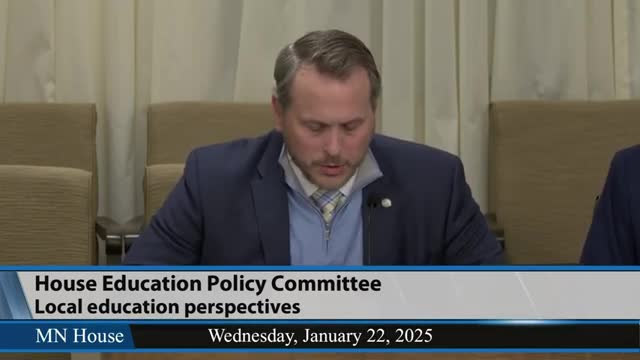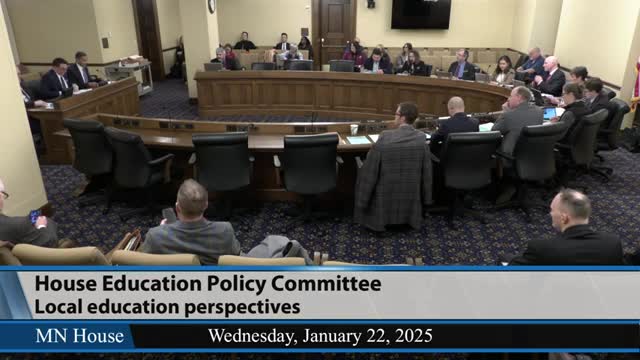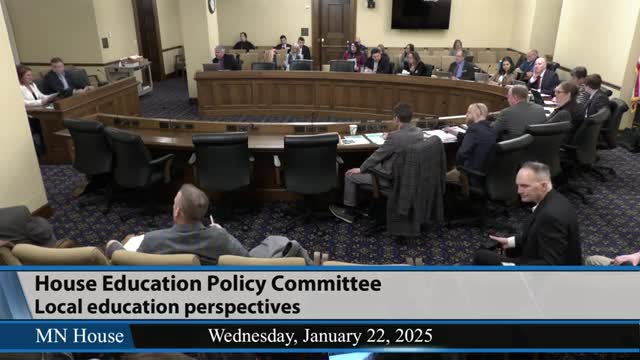Article not found
This article is no longer available. But don't worry—we've gathered other articles that discuss the same topic.

Principals say rapid PSEO growth strains high schools financially and erodes local course offerings; propose caps and shared solutions

Minnesota superintendents warn unfunded mandates, rising costs leave districts facing multimillion-dollar shortfalls; committee lays over HF6

